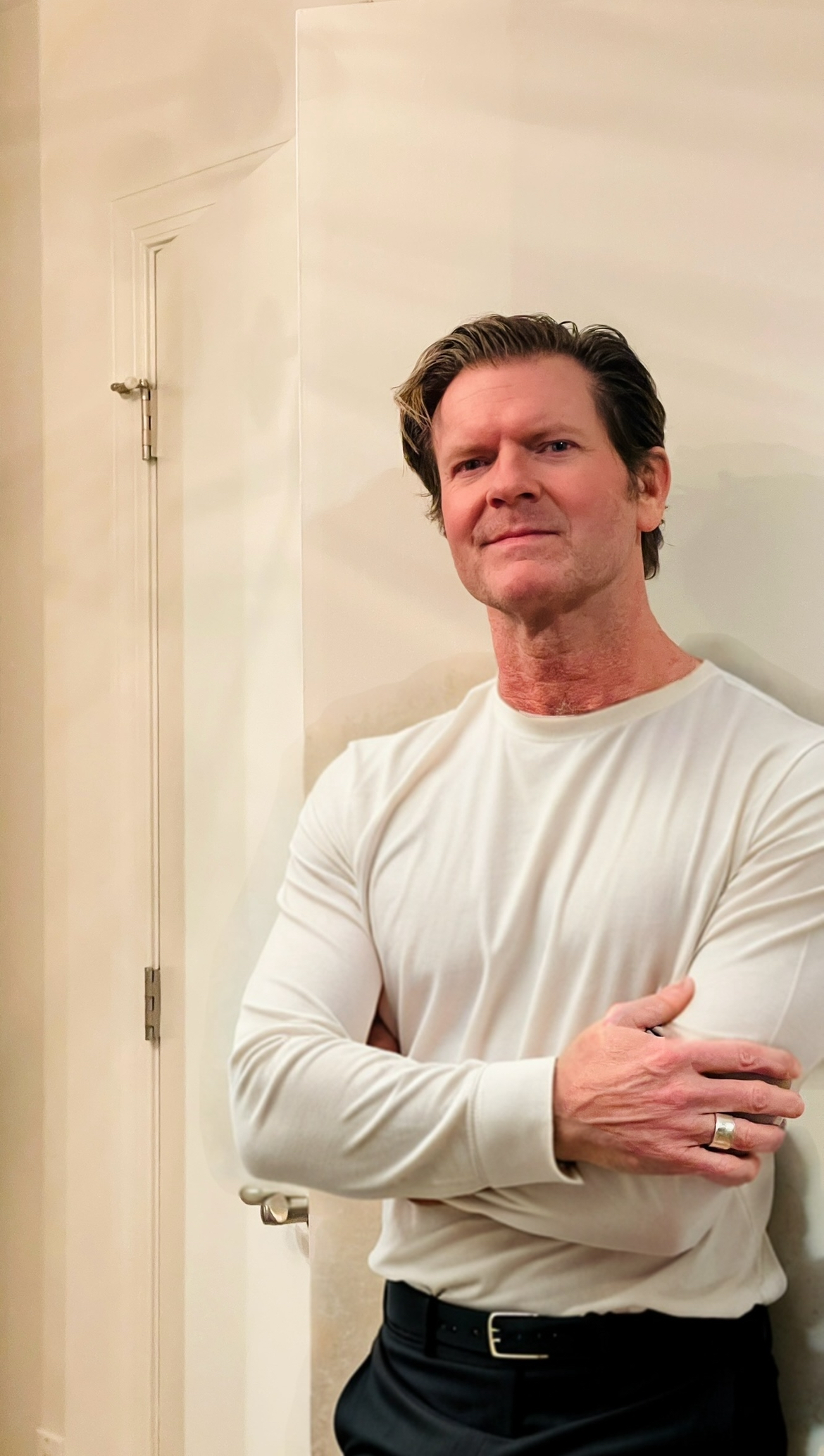The Grip of Anxiety: Understanding How It Affects a Person’s Life
- Rick Osborn
- Jan 7, 2024
- 3 min read
Updated: Jan 15, 2024
Title: The Grip of Anxiety: Understanding How It Affects a Person’s Life

Anxiety is a common human experience that can manifest in various forms and intensities. From the occasional nervousness before a big event to the paralyzing grip of a panic attack, anxiety can profoundly impact a person's life. Understanding how anxiety affects individuals is crucial to providing support and empathy to those who are struggling. In this article, we'll delve into the multifaceted ways in which anxiety can influence a person's daily life, relationships, and overall well-being.
1. Mental and Emotional Well-being:
Anxiety can cast a shadow over a person's mental and emotional well-being, leading to persistent worry, fear, and unease. It can cause racing thoughts, difficulty concentrating, and a constant sense of impending doom. This mental turmoil can be exhausting, making it challenging for individuals to find peace and relaxation. Moreover, anxiety can contribute to feelings of irritability, restlessness, and a heightened sensitivity to stressors, which can strain one's emotional resilience and stability.
2. Physical Health:
The impact of anxiety is not limited to the mind; it can also take a toll on the body. Individuals experiencing anxiety may endure physical symptoms such as rapid heartbeat, shortness of breath, muscle tension, dizziness, and gastrointestinal issues. Chronic anxiety can weaken the immune system and contribute to long-term health problems, further exacerbating its detrimental effects on overall well-being.
3. Relationships and Social Interactions:
Anxiety can significantly influence a person's relationships and social interactions. Those grappling with anxiety may find it challenging to engage in social activities, make new connections, or maintain existing relationships. The fear of judgment, rejection, or being misunderstood can lead individuals to withdraw from social situations, which can contribute to feelings of isolation and loneliness. Furthermore, anxiety can strain interpersonal relationships, as the condition may cause individuals to become overly dependent on their loved ones or, conversely, to push them away due to feelings of inadequacy or unworthiness.
4. Professional Life:
In the workplace, anxiety can impede an individual's ability to perform optimally. Persistent worry and self-doubt can hinder productivity and focus, leading to difficulties in meeting deadlines and fulfilling responsibilities. Additionally, anxiety may prevent individuals from pursuing career opportunities, taking on new challenges, or speaking up in professional settings, thereby limiting their professional growth and fulfillment.
5. Quality of Life:
Ultimately, anxiety can significantly diminish a person's overall quality of life. It can rob individuals of joy, peace, and a sense of security, leaving them feeling trapped in a cycle of apprehension and distress. The burden of anxiety can diminish one's capacity to enjoy life's simple pleasures and pursue personal goals, leading to a pervasive sense of dissatisfaction and unfulfillment.
Despite the profound impact of anxiety, it's important to recognize that it is a treatable condition. Various therapeutic approaches, including coaching, can help individuals manage their anxiety and reclaim their well-being. Additionally, fostering a supportive and understanding environment, both at home and in the community, is essential in helping individuals struggling with anxiety feel heard, valued, and empowered to seek the help they need.
As a holistic wellness coach, I am dedicated to supporting individuals in their journey to manage anxiety and reclaim their well-being. By integrating a comprehensive approach that addresses the interconnected aspects of mind, body, and spirit, I can offer practical tools and empathetic support to empower individuals to navigate their anxiety with resilience and confidence. Through a collaborative and holistic framework, I aim to cultivate self-awareness, implement sustainable lifestyle changes, and develop effective coping mechanisms, ultimately guiding them toward a more balanced and fulfilling life.
.png)




Comments